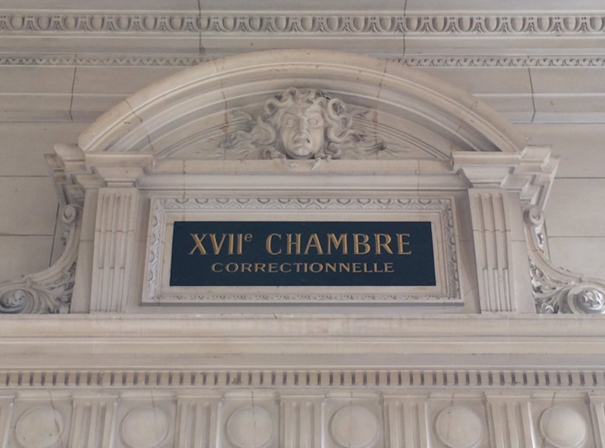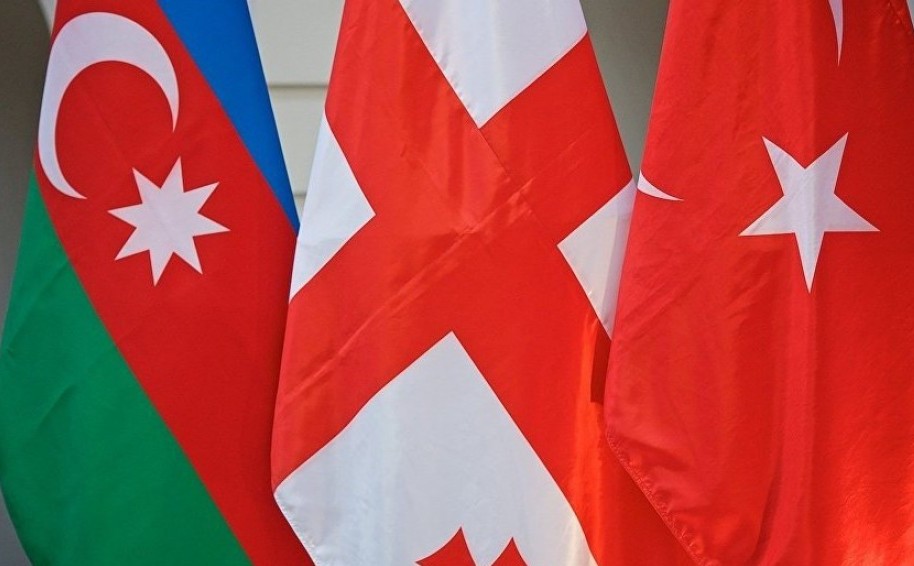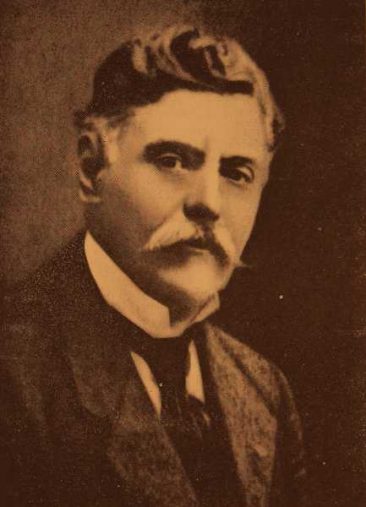In our last two articles we had provided information regarding L.D. Phillips’s research entitled “Diplomatic History: The Turkey-Armenia Protocols”. At the end of his research, under the heading “The Way Forward”, Phillips has put forward some proposals on what could be done for the normalization of Turkey-Armenia relations. As could be seen, these proposals are numerous and concerns many issues. Below we are summarizing and gathering them under certain headings. Proposals on Intensifying Civil Society Activities At the top of Phillips’s proposals comes the “Track Two” activities (which is his area of specialization); in other words, the activities between the civil society organizations and professional associations of Turkey and Armenia. Phillips finds Track Two activities necessary when there is absence of progress at the intergovernmental level. He complains that there are not enough funds and that the EU should participate in these activities and establish a “Turkey-Armenia Opportunity Fund”. Moreover, he calls on the Swedish International Development Agency, which we believe has funded some activities, to organize a “Track Two Implementation Review Conference”. Phillips’s concrete proposals on civil society activities could be summarized as follows. 1. Civil society organizations should prepare a “Friendship Treaty” enumerating principles of good neighborly relations and collectively identifying areas of common endeavor. 2. Another proposal for think tanks of both countries is to conduct a public opinion survey on social attitudes of Turks towards Armenians and of Armenians towards Turks and the results of it to be used to inform future Track Two activities, shape public policy and encourage intergovernmental contact. Proposals for Economic Cooperation 1. Restoration of the Ani Bridge across the Akhurian River (Arpaçay) between Turkey and Armenia as a symbol of Armenia’s cultural presence in Modern Turkey or at least opening it for tourism, 2. Rebuilding of the “Statute of Humanity”, which was dismantled in Kars on grounds that it was unwanted by the population, as “a symbol of Turkish-Armenian reconciliation” with input from Turkish and Armenian artists, 3. Establishing “Centers of Excellence” in fields such as cancer research in Armenia as a magnet for Turks and other international experts and Armenia relaxing visa processing for Turks who are visiting for academic meetings, 4. Increasing new charter flights between Van and Yerevan in order to expand people-to-people and commercial contacts and Turkish Airlines opening an office in Yerevan for this purpose, 5. Ankara opening the border for Armenian tourist buses and allowing pilgrim groups and cultural tours to travel, 6. Within the framework of the Black Sea Economic Cooperation, 200 Armenian trucks have been allowed to travel through Turkey. Thus, Armenian trucks should also be allowed to off-load in Turkey, 7. Turkey importing electricity from Armenia in order for the economic development of its provinces bordering Armenia, 8. Establishing a “Qualifying Industrial Zone” in the Armenian region of Kazakh bordering Turkey which consists of an industrial park and a free-trade zone. Qualifying goods would have Access to US markets without tariffs or quotas, 9. Turkey has a fiber optic cable that extends all the way to Kars. A feasibility study should be conducted on the opportunities of this cable being used in Armenia. Proposals on Reviving Intergovernmental Contacts 1. Phillips puts forth that the conclusion reached in the report of the ICTJ, which we mentioned in our first article (Turkey will not pay compensation or give territory if it recognizes the genocide allegations), should be used as a road map in intergovernmental contacts and rapprochement between the two countries. 2. Another important proposal is for Turkey and Armenia to recognize and open the existing border. For this, diplomatic notes reaffirming commitments in the 1921 Treaties of Moscow and Kars should be exchanged. Therefore, the free transit of commodities will also be guaranteed. An exchange of diplomatic notes does not require parliamentary authorization. 3. Inspired from Armenia’s assistance during the Van Earthquake, Turkish-Armenian cooperation in the field of emergency preparedness must be achieved, 4. Turkish citizenship should be offered to the descendants of relocated Armenians. 5. Taking into consideration that Prime Minister Erdoğan apologized for those who died in Dersim and depending on timing and circumstances, he puts forth that apologizing for the suffering of Armenians may be in Turkey’s national interest. 6. Before considering a Joint Historical Commission proposed by Turkey, a research committee of Turkish, Armenian and international historians could be established to focus on methodology of archival research. 7. A joint committee of Turkish and Armenian restoration experts could identify monuments and cultural sites for rehabilitation. 8. An exhibition which displays the role of Armenians in the Ottoman Army should be opened. 9. The names of the “Righteous Turks” who sheltered and saved Armenians from relocation should be profiled in the Armenian Genocide Museum in Yerevan. 10. The Obama Administration should conduct a policy review exploring innovative approaches co-mingling Turkish and Armenian interests. Meanwhile, whether US recognition of the genocide allegations would create conditions for reconciliation should be discussed. 11. Article 301 of the Turkish Criminal Code should be abolished. 12. Another one of Phillips’s proposals concerns Azerbaijan. According to this, if Baku shows that it lacks the political will to make progress in the Karabakh issue, the Minsk Group co-chairs should suspend negotiations after announcing Azerbaijan’s obstructionism. 13. Prime Minister Erdoğan should issue an executive order in the name of humanity to open the Turkey-Armenia border and submit the Protocols for ratification by the Turkish Grand National Assembly. This magnanimity is in accordance with Islamic principles and helps to realize Atatürk’s ideal of “Peace at home, peace abroad”. We will express our views concerning these proposals in our next article. To be continued.
© 2009-2025 Center for Eurasian Studies (AVİM) All Rights Reserved
THE FAIRYTALES OF BOGHOS
THE NECESSITY FOR A NEW STRATEGY
 THE GAUIN V. TORANIAN AND TILBIAN TRIAL IN PARIS
THE GAUIN V. TORANIAN AND TILBIAN TRIAL IN PARIS
 GEORGIA’S CONTRADICTORY POLICIES ENDANGER REGIONAL COOPERATION
GEORGIA’S CONTRADICTORY POLICIES ENDANGER REGIONAL COOPERATION
 THE ARMENIAN APOSTOLIC CHURCH’S US EASTERN PRELACY NARRATES THE TREASON
THE ARMENIAN APOSTOLIC CHURCH’S US EASTERN PRELACY NARRATES THE TREASON




























